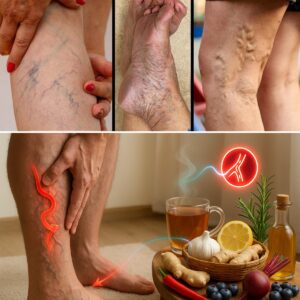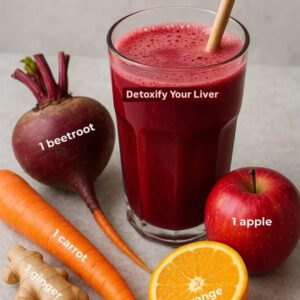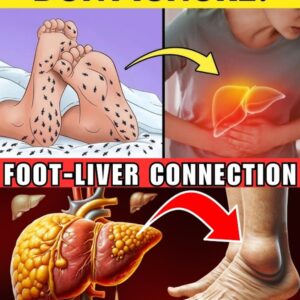“Don’t drink that energy drink!”—a warning your grandkids need to hear. Despite sleeping 8 hours, many young people feel drained and turn to caffeine, mistakenly believing it provides real energy. Caffeine dangers for youth, like anxiety and sleep issues, are often overlooked. As explained in health insights, caffeine only masks fatigue, and overuse can harm growing bodies. Share this with your kids to guide them toward healthier energy sources.

How Caffeine Misleads Your Grandkids
Caffeine, found in coffee, energy drinks, and sodas, doesn’t provide energy like food but acts as a stimulant. It blocks adenosine, a sleep-signaling chemical, keeping teens alert temporarily, per a 2021 Journal of Psychopharmacology study. It also boosts dopamine and adrenaline, creating a false sense of energy. For youth, who often chug energy drinks during study sessions, this can lead to a cycle of crashes, as seen in fatigue discussions like “I slept 8 hours but still feel like a dead battery.” Overuse disrupts their developing systems, causing long-term issues.
Why Caffeine Dangers for Youth Are Serious
Young bodies are more sensitive to caffeine’s effects. The FDA warns that over 400 mg daily—about two energy drinks—can cause anxiety, jitters, and heart palpitations in teens. Insomnia from late-night caffeine, similar to issues in kidney health articles, worsens fatigue and focus, impacting school performance. A 2022 Pediatrics study linked excessive caffeine in youth to increased stress and potential heart risks. Warn your kids: energy drinks aren’t a shortcut to success and can harm their health.
Healthier Energy Alternatives for Young People
Instead of caffeine, encourage your grandkids to adopt sustainable habits:
-
Nutritious Snacks: Fruits, nuts, or whole grains provide steady energy, unlike caffeine’s spike-and-crash cycle.
-
Hydration: Drinking 8 glasses of water daily, as advised in weight loss guides, prevents dehydration-related tiredness.
-
Movement: A 15-minute walk or dance session boosts endorphins, enhancing energy naturally.
-
Sleep Hygiene: 8–9 hours of screen-free sleep supports growth and focus.
These alternatives, inspired by goji berry benefits in Chinese medicine, promote vitality without risks.
Educating your kids about caffeine dangers for youth is crucial. Like Duke’s pit bull rescue, where community action saved a life, sharing knowledge can protect young people. Discuss the risks of energy drinks during family time, using relatable examples like study fatigue. Encourage them to choose water or fruit over sodas. By fostering awareness, you empower them to make healthier choices for a vibrant future.
Caffeine dangers for youth are real, from sleep disruption to anxiety. Warn your kids to avoid over-relying on energy drinks and embrace natural energy sources. By sharing these insights, you guide them toward lasting health, ensuring they thrive without caffeine’s risky crutch.






